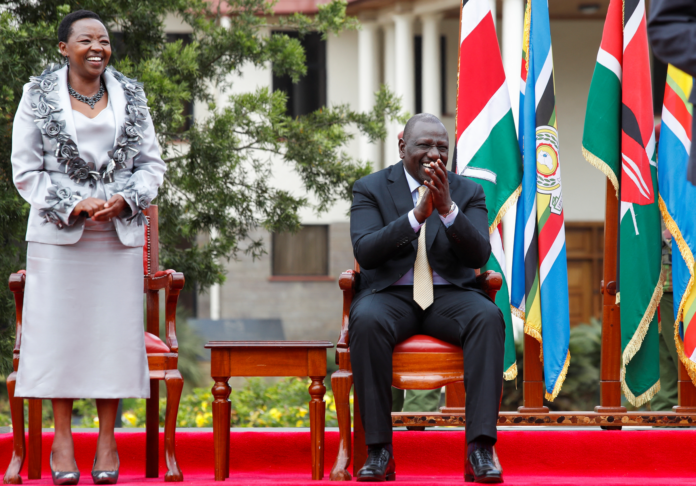In the tumultuous landscape of African politics, the integrity of electoral processes stands as a crucial bulwark against democratic erosion and the specter of coups. Recent events across the continent underscore this reality, highlighting how closely tied electoral credibility is to the stability and legitimacy of governments. In 2023, amid a flurry of coup attempts and successes, several incidents spotlighted the nexus between electoral outcomes and political upheaval. Gabon, Sierra Leone, and Guinea Bissau each experienced turmoil following elections marred by controversy and dissatisfaction among opposition groups. These events emphasize the pivotal role of elections in shaping state-society relations and determining the legitimacy of governing institutions.
The subversion of electoral processes takes various forms, including constitutional amendments aimed at prolonging presidential terms or removing term limits altogether. Such manipulations not only undermine the democratic fabric but also fuel civil unrest and citizen disenchantment. Between 2020 and 2024, thousands of demonstrations related to electoral grievances swept across Africa, with West Africa bearing the brunt of coup attempts and protests. While many of these demonstrations remained peaceful, surveys reveal troubling sentiments regarding military intervention in politics. A significant portion of the population, particularly among the youth, expressed tolerance for military intervention in cases of perceived power abuse by civilian leaders. This trend poses a serious challenge to democratic ideals and underscores the urgency of upholding electoral integrity.
Recent developments, such as the controversial postponement of Senegal’s presidential election, further underscore the fragility of democratic norms. President Macky Sall’s attempts to extend his tenure raised alarm bells, prompting intervention by the judiciary to uphold constitutional principles. Nevertheless, such incidents erode public trust in democratic processes and highlight the need for vigilant oversight to prevent executive overreach. The role of the judiciary in electoral disputes has become increasingly contentious, with accusations of partisan influence and judicial manipulation. Political actors often exploit legal avenues to secure electoral victories, exacerbating tensions and undermining confidence in the impartiality of judicial institutions. This dynamic underscore the importance of transparent and independent electoral adjudication to ensure fairness and legitimacy.
Amidst these challenges, proactive measures are essential to bolster electoral credibility and forestall democratic backsliding. Electoral management bodies must engage in robust communication efforts to address public concerns and implement responsive mechanisms to address credibility issues. The success of Liberia’s 2023 elections, marked by a peaceful transition of power, serves as a testament to the efficacy of such measures in restoring public trust in electoral processes. As Africa prepares for a wave of elections in 2024, the stakes for democratic consolidation have never been higher. These elections represent a pivotal opportunity to reaffirm the continent’s commitment to democratic governance and civic participation. By upholding the principles of free and fair elections, African leaders can govern with the legitimacy necessary to fulfill the aspirations of their citizens and mitigate the risk of future coups.
















 The African Research (AR) Index is a comprehensive scholarly directory and database focused explicitly on journal publishers that publish and disseminate African research.
The African Research (AR) Index is a comprehensive scholarly directory and database focused explicitly on journal publishers that publish and disseminate African research.

